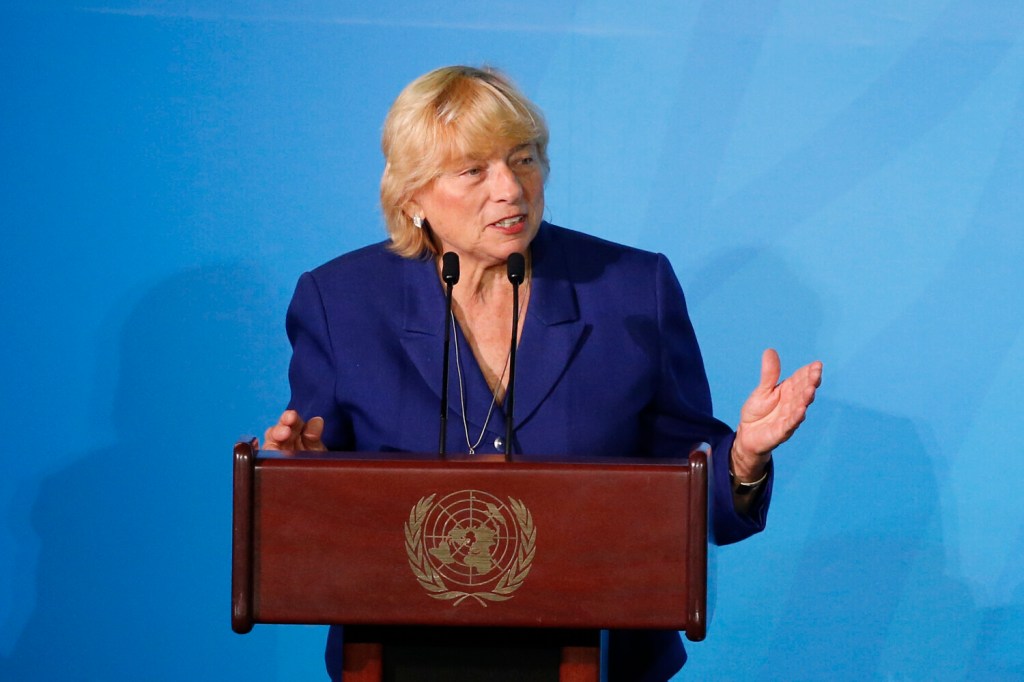Maine is a tiny spot on the globe, home to less than two-hundredths of a percent of the world’s population.
But what happens here can send ripples of hope around the world. That was the message Maine’s governor, Janet Mills, delivered at the United Nations last week, and one she has backed up at home with long-overdue action on climate change. Mills made a commitment to the world that Maine would be a carbon-neutral state by 2045, and then convened the Maine Climate Council, the group charged with drafting the laws and policies needed to meet that goal.
Does it matter what a small state like Maine does? It does. Deeply.
“Climate change is always talked about as if it’s a planetary thing, as if it’s something that happens very far away and we have to rely on everyone else to do something,” said Gina McCarthy, former administrator of the Environmental Protection Agency, who was the keynote speaker at the climate council’s first meeting. But waiting for a solution to come from above is a grave mistake.
“Nothing innovative starts at the federal level,” McCarthy said. “Everything starts at the local levels.”
The climate crisis is already a local problem in Maine. Warming seas have affected fisheries, warmer winters are impacting forestry, agriculture and outdoor recreation. The phenomenon of young moose so covered with engorged ticks that it looks white is common enough that it has a name — “ghost moose.”
While the Trump administration and the Republican-controlled U.S. Senate are blocking and dismantling federal climate change responses, states like Maine have an opportunity to show the way, piloting the kinds of programs that will work.
Mills has introduced an electric vehicle rebate program and bargained to get more charging stations along the highways. The Legislature funded a program to dramatically increase home heating conversions, moving people from dirty oil burners to super-efficient electric heat pumps.
The state has revived its commitment to clean power, including solar and wind, both onshore and off.
That’s a good start, but it won’t be enough. Changing the whole state’s energy system will require new infrastructure. So will making communities more resilient in the face of rising sea levels and storm surges. Environmentalists and anti-borrowing conservatives in Augusta will both need to learn how to say “yes” once in a while, instead of always “no.”
There will be economic trade-offs that need to be addressed as well. It’s not enough to say that green-energy jobs will replace the ones lost if gas stations and oil dealers go out of business. The same arguments were made when international trade deals restructured the economy, and we’ve seen the results. The overall number of jobs may have increased, but individuals who lost manufacturing jobs did not necessarily get swept up in the new information economy.
Climate policies should also take into account economic displacement and make sure that workers aren’t forced to pay more than their fair share of the cost.
We look forward to the Climate Council’s work after this hopeful beginning. Maine might not be big enough to fix the climate crisis on its own, but it can lead the way.
Send questions/comments to the editors.


